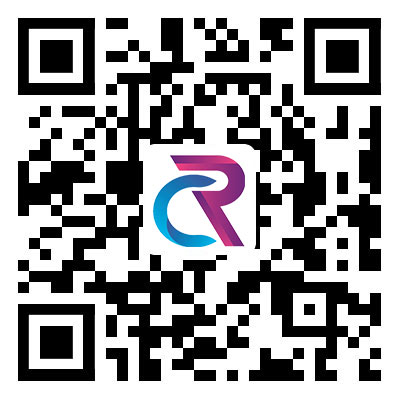 English
English Español
Español  Português
Português  русский
русский  Français
Français  日本語
日本語  Deutsch
Deutsch  tiếng Việt
tiếng Việt  Italiano
Italiano  Nederlands
Nederlands  ภาษาไทย
ภาษาไทย  Polski
Polski  한국어
한국어  Svenska
Svenska  magyar
magyar  Malay
Malay  বাংলা ভাষার
বাংলা ভাষার  Dansk
Dansk  Suomi
Suomi  हिन्दी
हिन्दी  Pilipino
Pilipino  Türkçe
Türkçe  Gaeilge
Gaeilge  العربية
العربية  Indonesia
Indonesia  Norsk
Norsk  تمل
تمل  český
český  ελληνικά
ελληνικά  український
український  Javanese
Javanese  فارسی
فارسی  தமிழ்
தமிழ்  తెలుగు
తెలుగు  नेपाली
नेपाली  Burmese
Burmese  български
български  ລາວ
ລາວ  Latine
Latine  Қазақша
Қазақша  Euskal
Euskal  Azərbaycan
Azərbaycan  Slovenský jazyk
Slovenský jazyk  Македонски
Македонски  Lietuvos
Lietuvos  Eesti Keel
Eesti Keel  Română
Română  Slovenski
Slovenski  मराठी
मराठी  Srpski језик
Srpski језик
Digital printing VS Offset printing
2022-04-13
Offset printing - uses a large printing press with a series of printing metal plates that transfer ink onto paper, which is then folded sheets, collect signatures and sewn, the last step will be bound.
When you think of offset printing, think of the word transfer. Each step in this printing technique involves the transfer of images (text and art) from one material to the next.
Second, Rubber blanket transfers images onto paper.
There are two types of offset printing: sheet-fed and web.
RichColor Printing factory uses sheet-fed offset printing, the Heidelberg and Komori. The most common alternative to offset printing is known as digital or print-on-demand. So what is the difference?
Offset Printing: Sheet-fed
Best suited for short or mid-range printing runs (500 to 20,000 units). With sheet-fed press, ink is transferred from a metal printing plate onto a rubber sheet and then rolled onto paper being fed through a press.
Pros:
Highest quality printing with Vivid colors
Wide range of specialty options
Competitive unit cost
Cons:
High setup costs
Medium or large printing runs



Digital printing also known as Print-On-Demand or POD) which is great different from offset printing but it’s easier to understand. Digital printing works similar to your home printer, using toner instead of printing metal plates, like a large home laser or inkjet printer. This approach is best suited for short printing runs ( 1 to 1,00 units).
No setup costs
No minimum orders
Cons:
High per-unit costs
Less consistency in color and quality

Digital printing is a good choice for sample making. Fast turnaround and help you get an idea how your books looks like in the end. Offset printing we use for bulk order, great quality and high speed.
-
E-mail
-
Call Us
-
Address
4th Building, Xinxia Road 23, Pinghu, Longgang District, Shenzhen, China
Get started with a FREE consultation
At RichColor Printing, we will guide you through the entirety of the printing process from PDF making to a successful book out. Let us help bring your vision to life.




